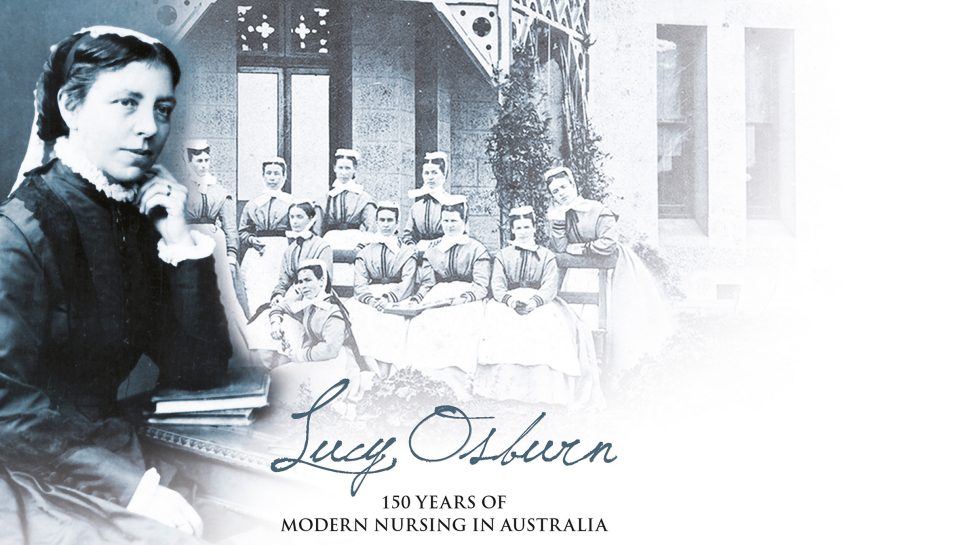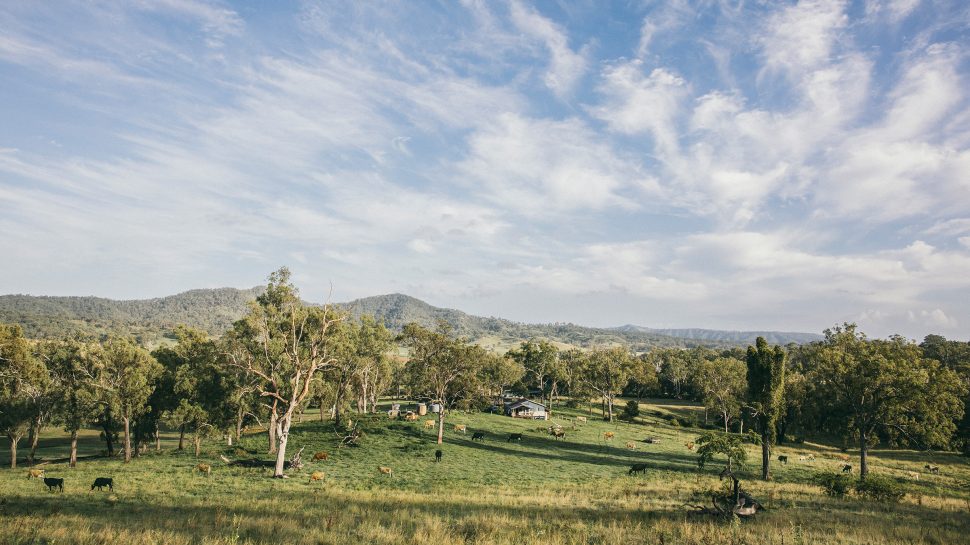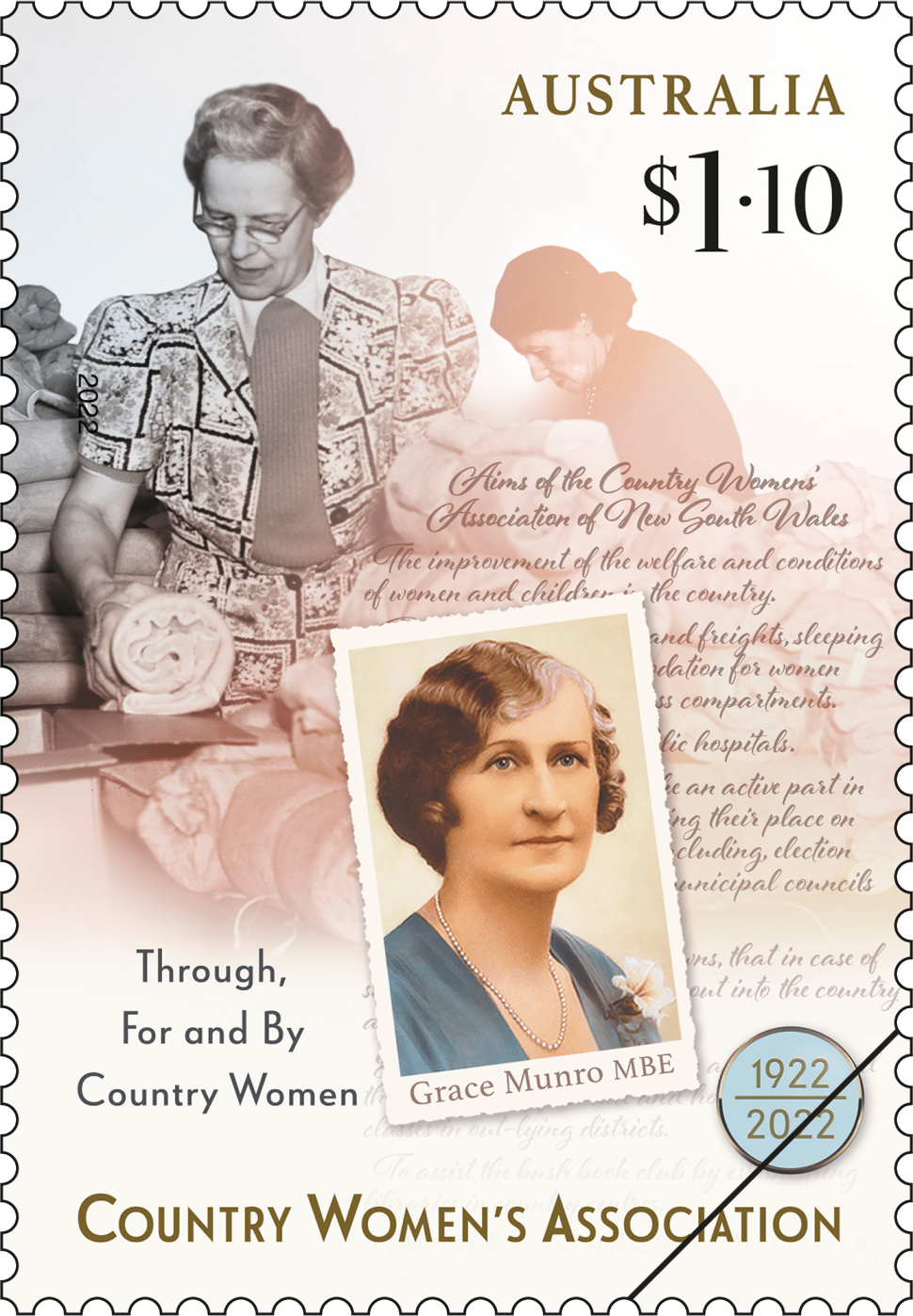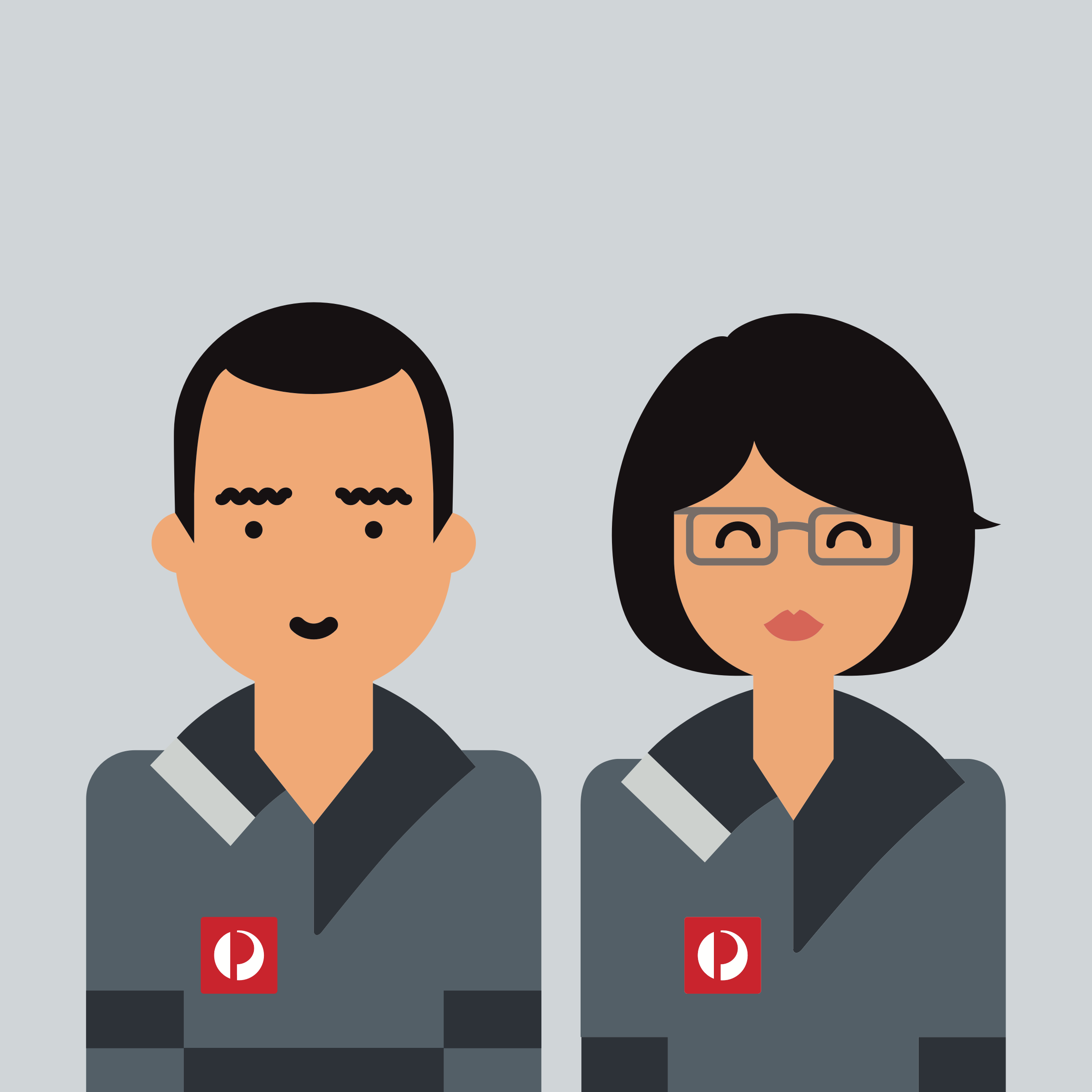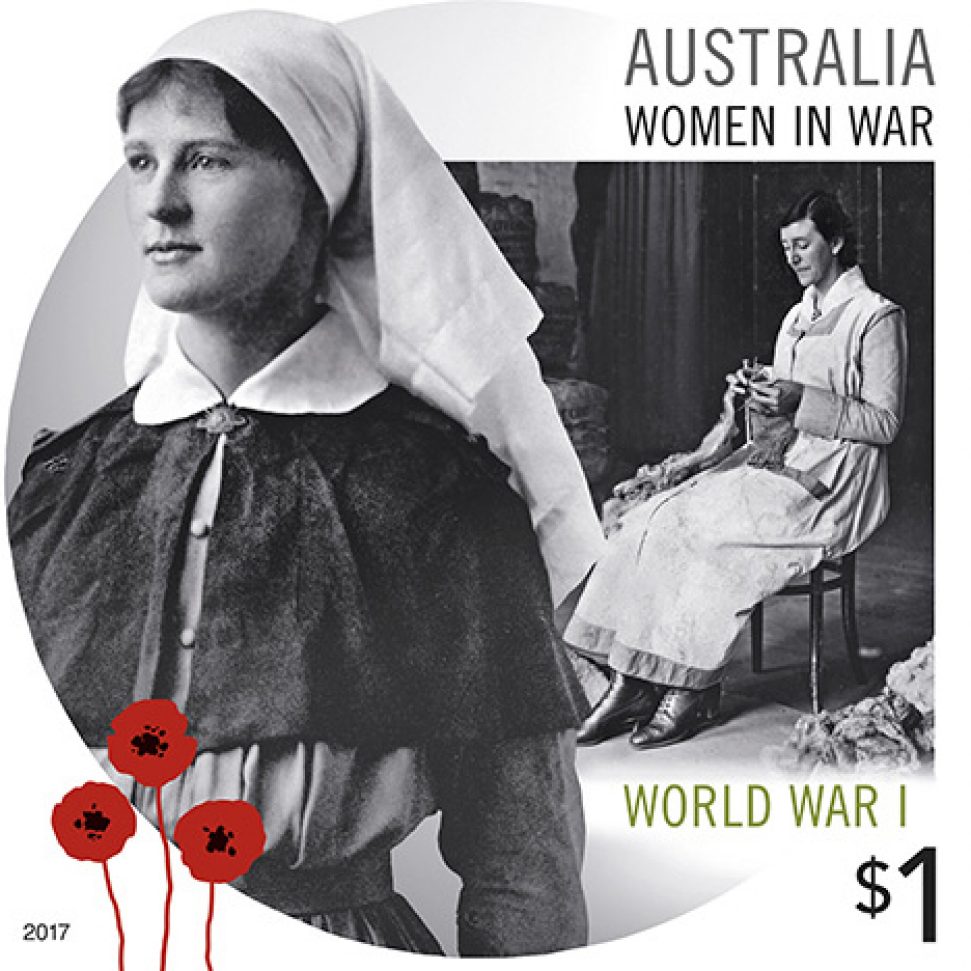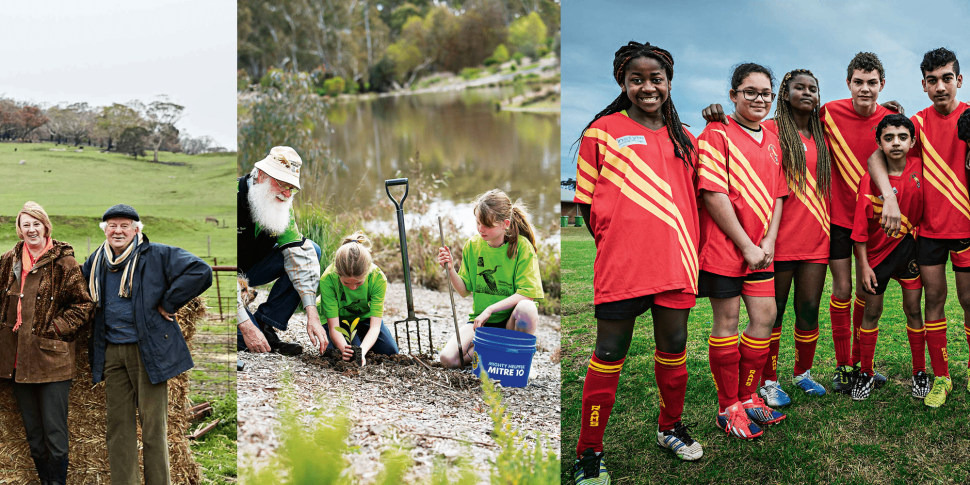The Country Women’s Association (CWA) is a collection of independent state- and territory-based associations, each with a similar structure and aims. Each association is apolitical, non-sectarian and not-for-profit and seeks to improve conditions for country women as well as children, families and communities.
The first CWA, the CWA of NSW, formed on 20 April 1922, during a three-day country woman’s conference, which had been organised to form a “country women’s union of help”. Within six months there were 68 branches across the state and by 1926, 109 branches with around 6,000 members.
Guided by an overarching aim to improve the welfare and conditions of women and children in the country, the CWA of NSW members worked tirelessly in their communities to set up baby health care centres (including the first country baby health centre, at Moree, NSW), provide affordable holiday accommodation for women and more. Foundation President Grace Munro MBE (1879–1964) lobbied government to build and staff maternity wards, hospitals and schools, and she worked to improve facilities for women at railways stations. Women began advocating for and gaining appointments to hospital boards; Grace Munro became the first woman to serve on a hospital board in rural NSW. The CWA conducted hospital visits and raised funds for important community programs and facilities, including the establishment of a Royal Flying Doctor’s Service base at Broken Hill, which began operations in 1936, and the appointment of bush nurses.
The CWA was heavily involved in the war effort during WWII, including fundraising and making combat nets and clothes. The stamp design, released on 26 April 2022, includes a photograph of members of the CWA in Sydney packing some of the 40,000 sheepskin vests made by the CWA, for distribution to Australian forces overseas.
The CWA of Queensland was formed in August 1922 and the remaining mainland states had established associations by 1929, followed by a branch in the Northern Territory, in 1933, an association in Tasmania, in 1936, and a branch in the ACT, in 1946. Today there are an estimated 21,000 members nationally in 1,145+ branches, including in cities, all of whom carry out important work, guided by the long-standing motto of “... Service to the Country, Through Country Women, for Country Women and by Country Women”.
For the first CWA in Australia, the CWA of New South Wales, 2022 is a year of centenary celebrations. The association’s current projects revolve around advocacy on key issues such as access to medical and education services, more training of psychiatrists in rural and remote areas, and maintaining banking services in rural, regional and remote communities. Its committees span cooking and handicrafts, as well as social and agricultural issues and the environment.
Current CWA of NSW President Stephanie Stanhope notes that each branch knows their community well and knows what the particular needs are.
“Contributions range from educational grants, disaster assistance, emergency assistance, relief programs, education programs, sports and social programs and of course our advocacy work,” says Stephanie.
Stephanie joined the CWA of Bega, because she was looking for friendship and fellowship in her local community and also enjoyed handicrafts and cooking.
“What I discovered after joining was much more than I expected. I found the local branch was involved in all of the above, plus charitable work, advocacy work and caring for their community,” says Stephanie.
Stephanie’s role is varied, comprising formal and administrative tasks, such as chairing meetings, overseeing the work of the organisation as a whole and taking part in media and other advocacy work to further member causes.
“I particularly enjoy the more informal part of my role, however, which involves me travelling to different areas, going to branch events, meeting members and having a cup of tea and a chat with many people right across the state,” says Stephanie.
While Stephanie notes that the membership base of the CWA of NSW is quite diverse, greater diversity is something the organisation is striving for: “We want to encourage more diversity amongst our members in the future. We have woman of all ages and all backgrounds, but we would particularly like to involve more First Nations members in the future as well as women from different cultures”.
Stephanie notes that everyone can find their niche within the CWA: “Whatever it is you are passionate about, you can find an outlet for it within CWA”.
“I really do think the power of friendship and fellowship should not be underestimated within the CWA. These bonds are what forms the social fabric of many communities. That to me, is the key purpose but also the key reason we have been able to have so much longevity and achieve so much,” notes Stephanie.
“We stay relevant by continuing to listen to our members, who are the voice for their communities. We do have a lot of traditional aspects to the organisation, which are appreciated by many, but it is important that we continually evolve to meet the needs of our members. We’ve done that over 100 years and will continue to do it in the future,” says Stephanie.
The CWA is undoubtedly famous for cooking and scones: “We do like to point out that we are much more than ‘tea and scones’ – but we all know that scones have raised a colossal amount of money for good over the decades!” says Stephanie.
“I think most people understand and respect the work of the CWA of NSW, although they may not be fully aware of the extent of our advocacy and lobbying work. We are always there, talking to decision-makers and politicians about the issues that matter. Sometimes we do it in a quiet way, but we are certainly influential!”
In terms of continuing events and celebrations, the national conference is a key event for the year and a celebration was recently held at Government House. There are a number of NSW branches that are turning 100 which will also hold events throughout the year.
Stephanie has described the CWA centenary stamp as “a huge honour”.
“I know our members will be so proud. To be recognised and commemorated in this way is truly humbling, but at the same time a really fitting tribute to the many women, across the 100 years of the CWA, who have given so much to ... their communities.”
The Centenary of the Country Women’s Association stamp and collectables are available now, online, at participating Post Offices and via mail order on 1800 331 794, while stocks last.
This content was produced at the time of the stamp issue release date and will not be updated.
